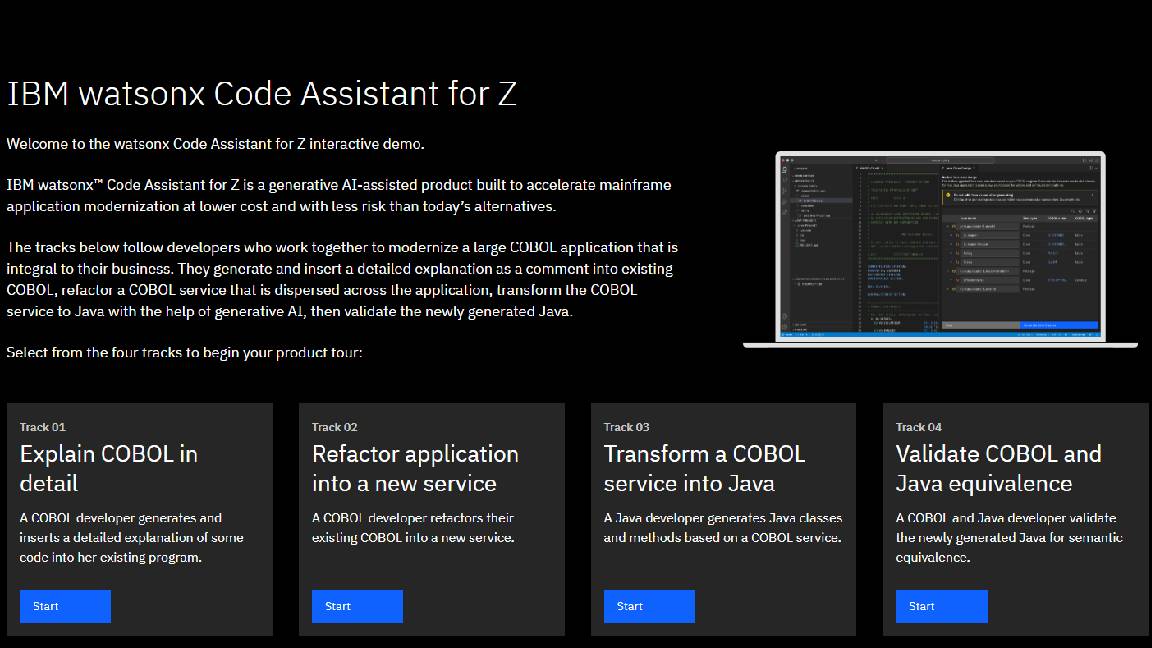“The tech guys want to move to the cloud, the finance people want the savings”: IT leaders feel ‘rushed’ to the cloud – here’s why slow and steady wins the race
New research suggests a growing disconnect between those pushing for cloud migrations and staff tasked with carrying out migrations


Over a third (40%) of mid-market It leaders feel rushed into complex cloud migrations which ultimately went worse than planned, according to new research from Six Degrees.
Breaking this down by role, 45% of CIOs said they felt rushed into cloud projects, along with 43% of cloud architects and 41% of IT directors. 80% of those in charge of infrastructure expressed the same sentiment.
The research highlights a growing disconnect between those pushing for rapid cloud migration and those ultimately tasked with conducting what is an extensive, highly precarious process, according to Six Degrees’ CPTO Chris Jackson.
Speaking to ITPro, Jackson said this feeling of being rushed stems from the fact that many organizations feel compelled to rapidly migrate to deliver business benefits.
But in rushing this process, many enterprises - especially smaller ones - can create even bigger long-term problems.
“I can say from lived experience that migrating to the cloud is much, much harder than the sentence makes out,” he told ITPro.
“As you start to then get into the real scope of what needs to change inside an organization, you start to find that it's a much, much broader business-wide focus,” he added.
Sign up today and you will receive a free copy of our Future Focus 2025 report - the leading guidance on AI, cybersecurity and other IT challenges as per 700+ senior executives
The burden of cloud migrations can’t be shouldered entirely by IT departments or technical teams, as applications and systems throughout the business will need to be changed and modernized.
The issue here is that other aspects of the organization may fail to fully understand how complex and time-consuming this process is, thus creating a level of pressure for the teams tasked with completing the migration.
“The tech guys want to move to the cloud, the finance people want the savings - somewhere in the middle of those two things there’s a negotiation about when that starts to take hold, but if the actual transformation has been poorly scoped, you start to eat into that savings case,” Jackson said.
There are other reasons driving cloud adoption, according to the survey, though some others are linked to finance. For example, 25% of respondents said that a reduction in operation costs was a key objective, while 28% highlighted a reduction in capital investment as a primary reason for cloud migration.
Other reasons include access to innovative technology, which 30% of respondents put as their primary reason, and flexibility, which 32% earmarked as their primary reason.
Nearly one-third (34%) of respondents said security was the main driving factor behind their move to the cloud.
Businesses need to be patient in cloud migrations
If certain business objectives - particularly cost savings - are put first, then IT teams may feel pressure to accelerate stages of the adoption process, potentially resulting in issues later down the line.
“Anytime when you put a time pressure onto a project that's technically complex, you incur potential risks around quality, security, and data,” Jackson said.
“When you start to rush, there is always the chance you cut some corners and you may not have the required level of quality in your infrastructure,” he added.
Instead, businesses should focus on dealing with their cloud migrations more gradually and acknowledging the fact that cost savings and other benefits are likely to reveal themselves at a later point.
RELATED WHITEPAPER

“The initial phase of moving to cloud is probably the most visible part of a cloud migration, but it's rarely where the majority of the benefits are realized,” Jackson said.
The benefits come when the basis of the cloud migration has been laid, he added, and optimizations can be developed in the new environment.
Going forward, Jackson implored businesses to make cloud migrations business projects rather than IT projects, adding that organizations should think carefully about the level of agility they can achieve.
Similarly, he said that organizations should “scrutinize” the extent to which applications will benefit from the cloud, as not all applications will.

George Fitzmaurice is a former Staff Writer at ITPro and ChannelPro, with a particular interest in AI regulation, data legislation, and market development. After graduating from the University of Oxford with a degree in English Language and Literature, he undertook an internship at the New Statesman before starting at ITPro. Outside of the office, George is both an aspiring musician and an avid reader.
-
 Complacent Gen Z and Millennial workers are more likely to be duped by social engineering attacks
Complacent Gen Z and Millennial workers are more likely to be duped by social engineering attacksNews Overconfidence and a lack of security training are putting organizations at risk
-
 Tapping into the ’touch grass’ movement in cybersecurity
Tapping into the ’touch grass’ movement in cybersecurityIndustry Insights With cybersecurity experiencing a ’touch grass’ moment, what role should resellers play?